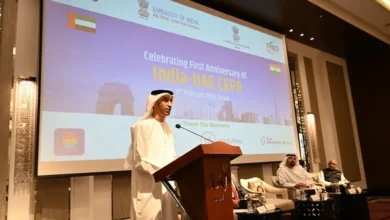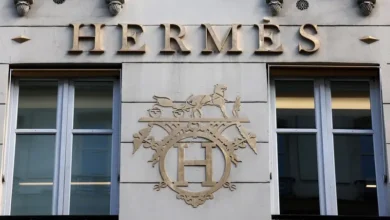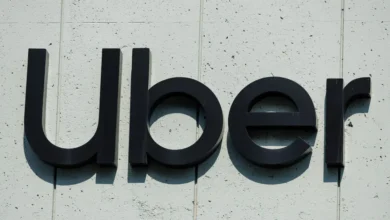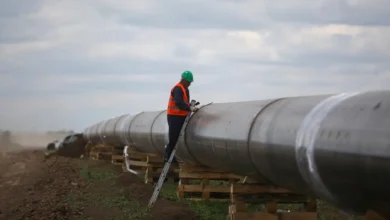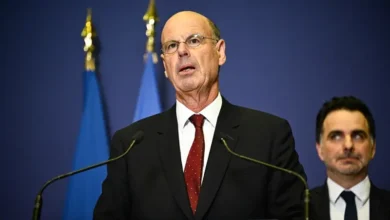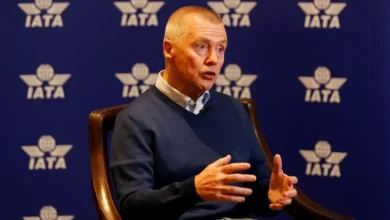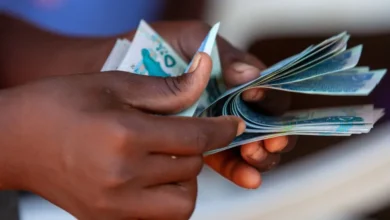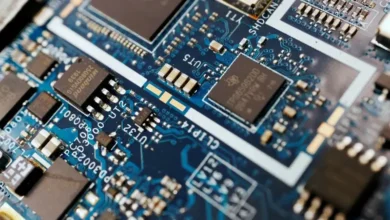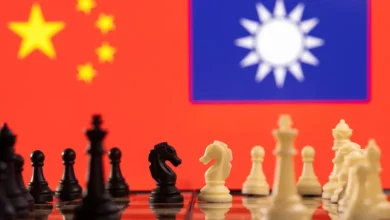CATL-backed Chinese energy startup seeks funds at $831 mln value
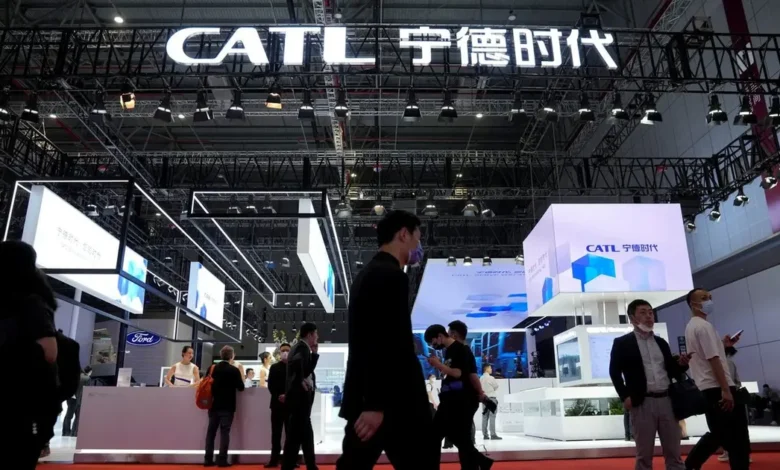
An energy storage startup backed by Contemporary Amperex Technology Co. Ltd. is considering a round of fundraising that would value it at as much as 6 billion yuan ($831 million) to fuel further growth amid the global clean-power transition, according to people familiar with the matter.
Contemporary Nebula Technology Energy Co. is in talks with financial and strategic investors to raise about 600 million yuan, said the people, who asked not to be identified because the discussions are private.
The firm is drawing interest as energy storage systems are core to China’s green push and are part of the country’s most recent five-year plan, they said.
CATL, the world’s largest battery maker, currently holds a 20 percent stake in CNTE, according to the people. Huang Shilin, the billionaire who stepped down as vice chairman of CATL last year, is chairman of CNTE, the people said.
Deliberations are ongoing and details about the size and valuation of the fundraising may still change, the people said. A representative for CNTE declined to comment, while a representative for CATL didn’t immediately respond to requests for comment.
The high valuation for CNTE, which was founded in 2019 and makes lithium-ion energy storage equipment, signals the rush to invest across the clean-energy supply chain shows no signs of abating.
CATL said earlier this year that storage systems are one of its top priorities and called on the Chinese government to roll out comprehensive reforms, and step up supervision, of the sector. The startup set up its first smart charging station at the headquarters of CATL in 2019, its website shows.
Energy storage emerged as one of the fastest growing revenue segments for CATL, contributing about 14 percent to its business in 2022, up from less than 4 percent in 2020.
That’s a reflection of the major strides China is undertaking to transform its power sector, putting the country on track to almost double its wind and solar capacity by 2025 and beat its target five years early.
